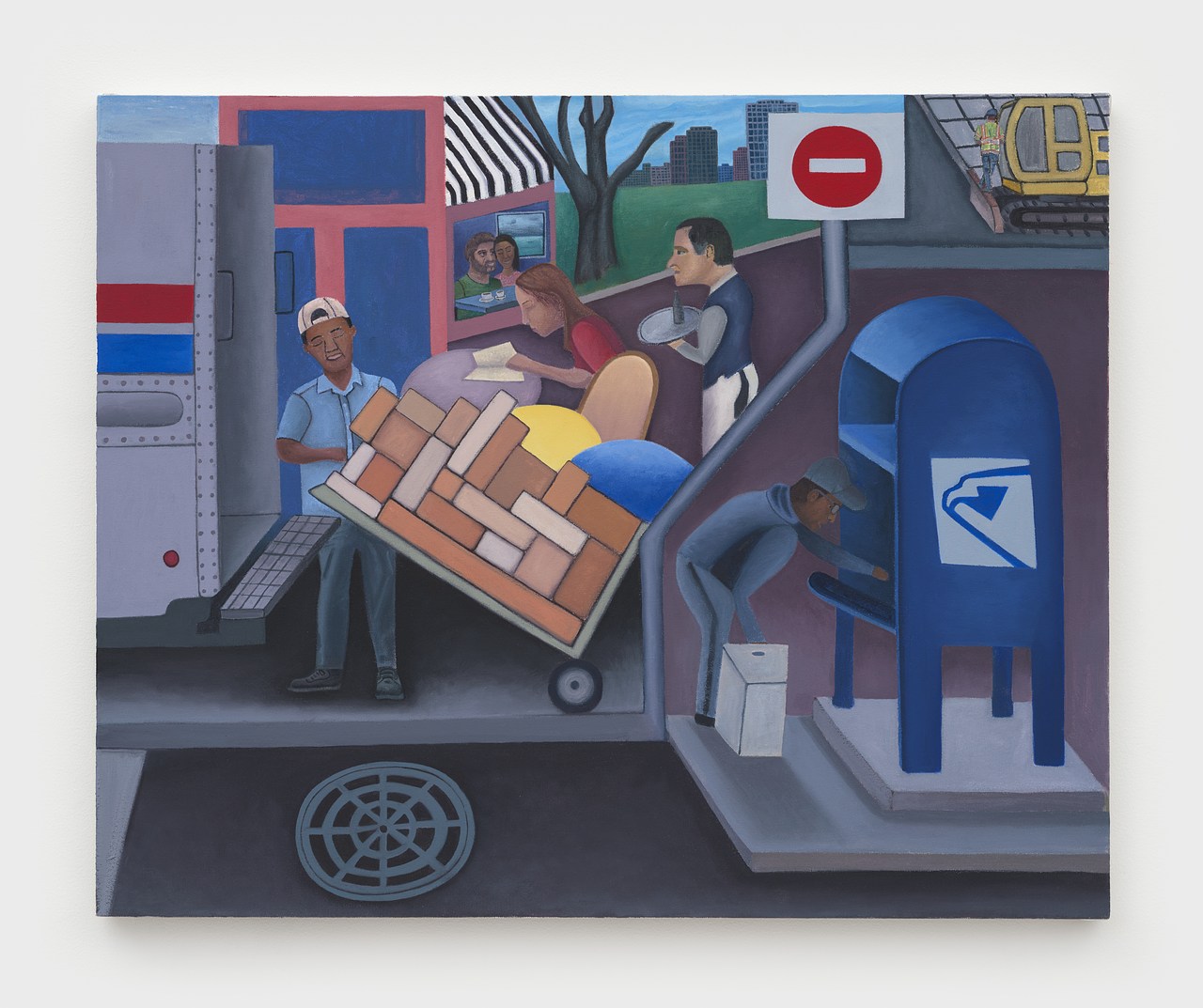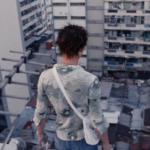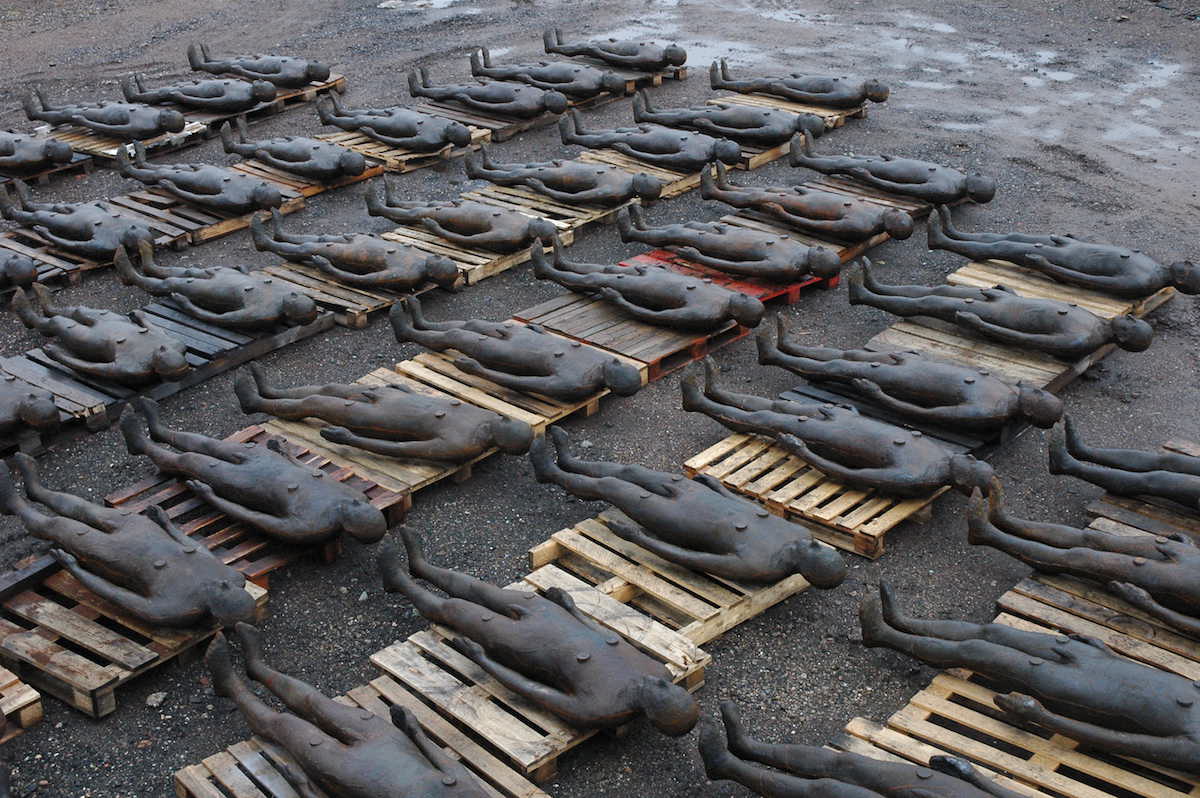Incompatibles (Unitas)
2019 - Textile (Textile)
190 x 150 x 0.5 cm
Hana Miletic
Incompatibles (Unitas) is made from discarded samples of the yarns that are exported from Croatia and not actually available in the local market. The textile industry in former Yugoslavia has essentially closed down under pressure from Indian and Chinese industries and as a result of the botched privatization of once state-owned factories. There is only one factory remaining in Zagreb producing these yarns. Certain colors are only available on the export market and it is these that Hana Miletic uses here, a political gesture pointing out the inequity of the system. These relics of a bygone industry represent both memory and the loss of work under a new political system, one which impacted older women workers most heavily. Miletic’s interest in weaving has matured into a highly politicized activity as well as a one that implicates body and mind. The artist sees weaving as a labor which moves from head to hand and back again. The design of Incompatibles (Unitas) resembles the utopian abstract works of the 1930s although they were not in her mind as she made it. Rather the process was to use the yarns in the order in which they came out of the bag and to make each rectangle as large as the amount of the yarn permitted. Thus the design is really quite random but determined by a systematic process. Miletic also recognizes their resemblance to Bauhaus type images.
Hana Miletic is a Croatian artist living in Brussels with a background in documentary and street photography. She uses photography as the basis for woven works, the fabric is an abstraction of what she has witnessed, a bringing of the outside inside, and serves as a kind of act of care and repair. Born in Zagreb in 1982 Miletic’s family were refugees from the former Yugoslavia. Her work resonates with memories of Croatia as well as dealing with the history of its culture. Her weaving practice began in 2015, she was both drawn to the precedence taken by material gestures over conceptual thinking and the intergenerational contact she had with women of different ages and cultural backgrounds. While primarily a craft and an artistic practice, weaving also has a social dimension, conceptually it allowed her to consider the metaphorical implications of binding together and repairing, both physically and psychologically. Although historically weaving is a male and a female occupation it is commonly associated with women’s work. Her adoption of this process for making art thus brings to the fore a feminist agenda, using a process normally associated with applied art to make fine art.
Colors:
Related works sharing similar palette

© » PRISHTINA INSIGHT
Hague Court Cuts Kosovo’s Commander Cali’s Sentence by Four Years - Prishtina Insight Home Kallxo Jeta në Kosovë Drejtësia në Kosovë Gazeta JNK Log In Subscribe News Features Opinion Guide Big Deal Archive Follow @prishtinsight Former Kosovo Liberation Army (KLA) Commander Salih Mustafa (R) appears for the first public hearing before the Kosovo Specialist Chambers, in The Hague, The Netherlands, 09 June 2021...

© » ARTS EQUATOR
SEE WHAT SEE: SEA AT SGIFF 2021 | ArtsEquator Thinking and Talking about Arts and Culture in Southeast Asia ArtsEquator Viewpoints November 28, 2021 By ants chua, Ruby Thiagarajan and Janiqueel (1,200 words, 4-minute read) In this edition of See What See, we review three films made by Southeast Asian directors and featuring Southeast Asia currently showing at the Singapore International Film Festival 2021 (SGIFF)...
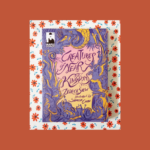
© » ARTS EQUATOR
Creature comforts: "Creatures of Near Kingdoms" | ArtsEquator Thinking and Talking about Arts and Culture in Southeast Asia Articles Zedeck Siew / Tumblr April 1, 2020 By Kathy Rowland (650 words, 4-minute read) Zedeck Siew’s Creatures of Near Kingdoms is fashioned as a bestiary, detailing the appearance, characteristics, and habitats of 50 animals and 25 plants...
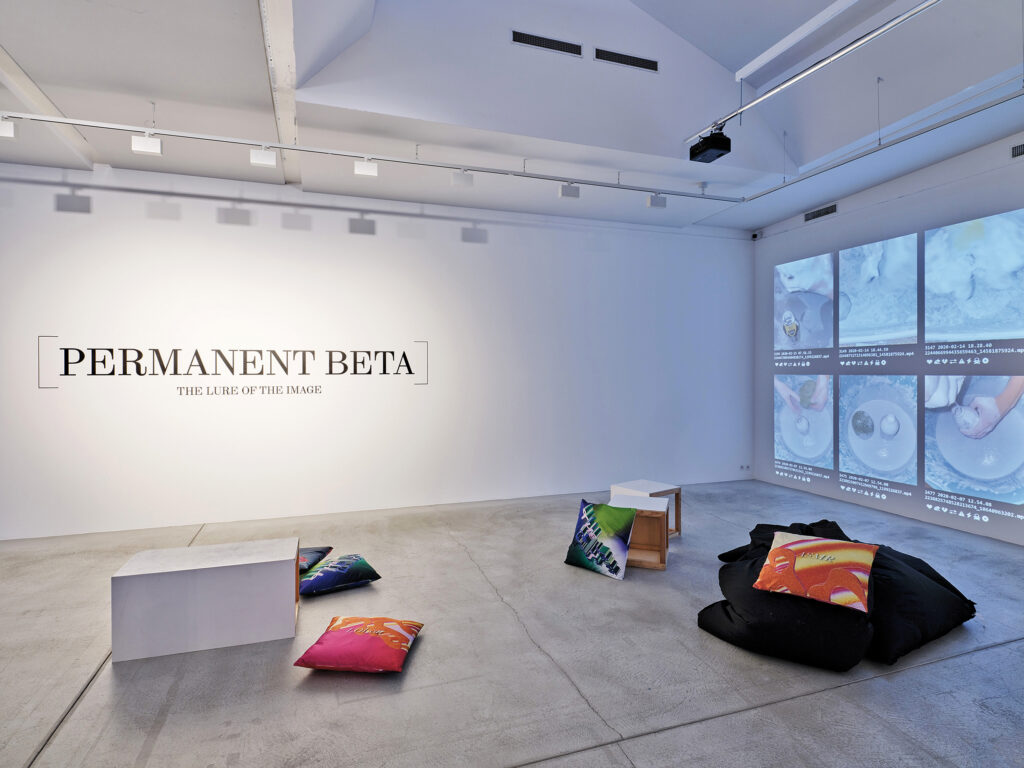
© » 1854 PHOTOGRAPHY
Code switching: How Fotomsuseum Winterthur became digital-first - 1854 Photography Subscribe latest Agenda Bookshelf Projects Industry Insights magazine Explore ANY ANSWERS FINE ART IN THE STUDIO PARENTHOOD ART & ACTIVISM FOR THE RECORD LANDSCAPE PICTURE THIS CREATIVE BRIEF GENDER & SEXUALITY MIXED MEDIA POWER & EMPOWERMENT DOCUMENTARY HOME & BELONGING ON LOCATION PORTRAITURE DECADE OF CHANGE HUMANITY & TECHNOLOGY OPINION THEN & NOW Explore Stories latest agenda bookshelf projects theme in focus industry insights magazine ANY ANSWERS FINE ART IN THE STUDIO PARENTHOOD ART & ACTIVISM FOR THE RECORD LANDSCAPE PICTURE THIS CREATIVE BRIEF GENDER & SEXUALITY MIXED MEDIA POWER & EMPOWERMENT DOCUMENTARY HOME & BELONGING ON LOCATION PORTRAITURE DECADE OF CHANGE HUMANITY & TECHNOLOGY OPINION THEN & NOW With the physical space closed for renovation, Fotomuseum Winterthur’s digital curator reveals how ASMR livestreams and ‘sludge content’ are keeping online momentum high Marco De Mutiis, digital curator at Fotomuseum Winterthur, wants the photography world to “stop whining”...

© » KADIST
Jean-Luc Moulène
2004It rains, Paris, 1st July 2000 , which could be the refrain of a song, is the title of a photograph of a minimal moment, the vision of a Parisian pedestrian, a cut flower lying on the pavement covered in rain drops...

© » KADIST
Jennifer Locke
2005Choke documents the artist filming a wrestler “choking out” his teammate until he is unconscious...

© » KADIST
Caroline Monnet, Mobilize A screening program followed by the artist in with conversation with Adam Piron, Assistant Curator for Film at LACMA Montreal-based artist Caroline Monnet explores Indigenous identity, bicultural living, and complex cultural histories through photography, sculpture, film, video, and installation...
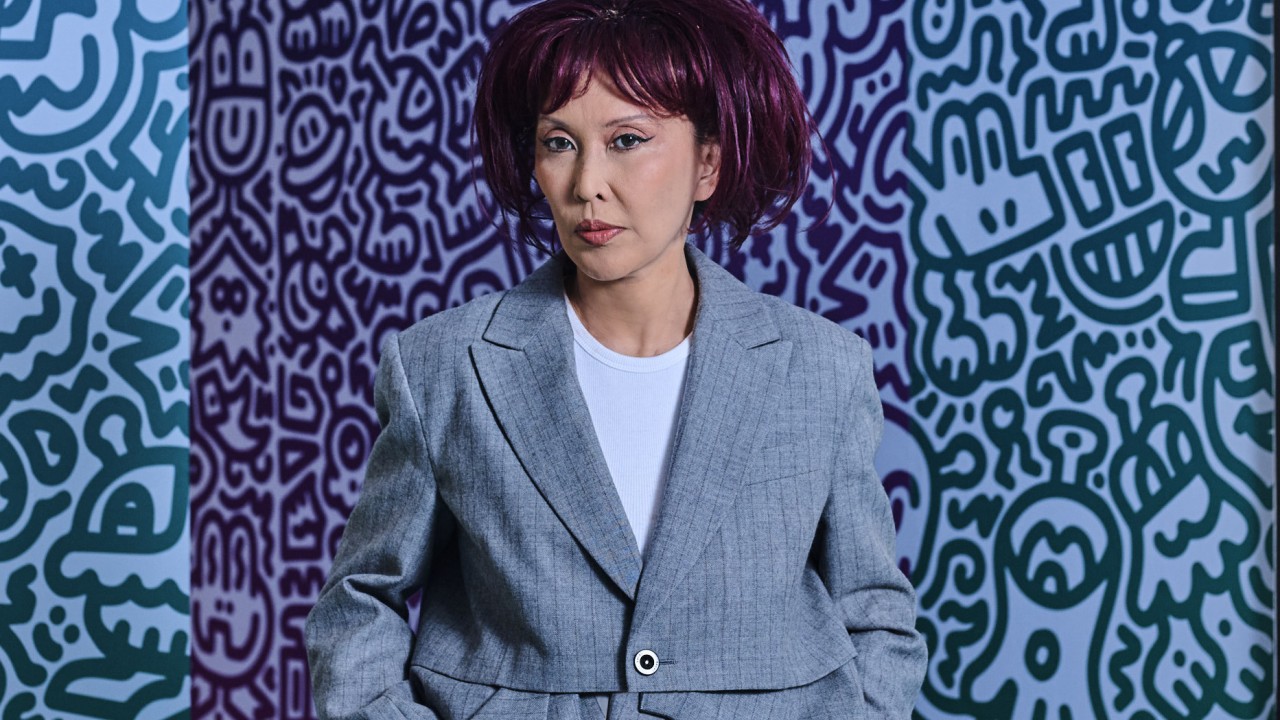
© » SOUTH CHINA MORNING POST
‘I thought I was god’s gift to China’: art gallery owner Pearl Lam on her ‘colonial attitude’ and embracing her ethnicity | South China Morning Post ‘I thought I was god’s gift to China’: art gallery owner Pearl Lam on her ‘colonial attitude’ and embracing her ethnicity Profile Art gallery owner Pearl Lam on growing up as the daughter of property tycoon Lim Por-yen, losing her colonial mindset and celebrating diversity Kate Whitehead + FOLLOW Published: 7:45am, 3 Dec, 2023 Why you can trust SCMP I was born in Hong Kong and lived in Jardine’s Lookout...

© » KADIST
Naoya Hatakeyama
Naoya Hatakeyama’s series Rikuzentakata (2011) documents the devastating aftermath of the 2011 Tohoku earthquake and tsunami in Japan...

© » KADIST
Pascal Shirley
2006Like many of Pascal Shirley’s photographs, Oakland Girls aestheticizes a dingy rooftop and a cloudy sky...

